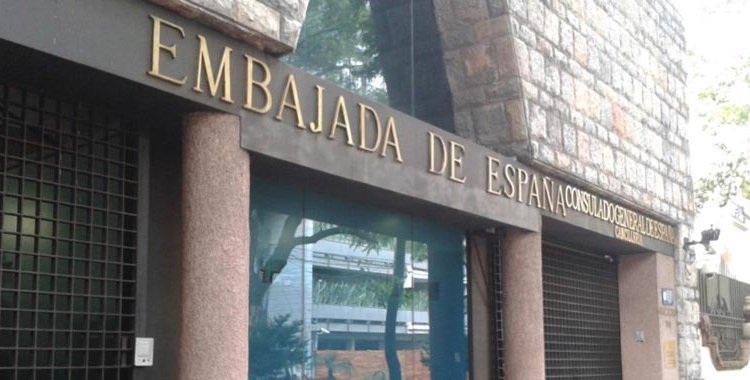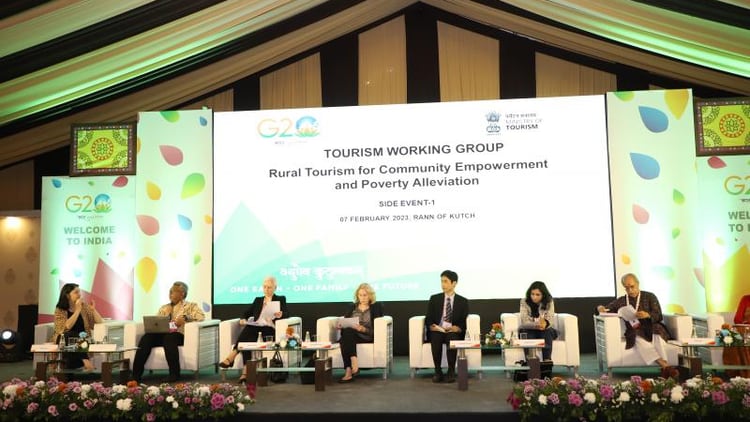Luis Ayllón
The Minister of Foreign Affairs, José Manuel Albares, has reserved the right to appoint directly, without waiting for the opinion of the Board of the Diplomatic Career, the people who will occupy the second posts in the Spanish Embassies in Cuba, Venezuela and Mexico, as well as in the Permanent Representation to the UN in Geneva.
This is the result of the call for the filling of 117 posts for diplomats abroad, which was published yesterday in the Official State Gazette (BOE).
Among the posts open for competition are a large number of Consulates General, such as those in Rome, Milan, Naples, Zurich, Istanbul, Stuttgart, Montpellier, Toulouse, Sao Paulo, Canton, Chengdu, Guayaquil and Bata, and the posts of deputy consul in London and Havana.
Likewise, diplomats can apply for second posts in embassies such as the Holy See, Japan, Venezuela, Mexico, Cuba, Uruguay, Algeria, Denmark, Ireland, South Africa, Lithuania, Paraguay, Bolivia, Tunisia, Thailand and Saudi Arabia, among others.
The normal procedure is for diplomats who apply to submit a list of their requests in order of preference and for the Diplomatic Career Board, on which the different categories of civil servants are represented, to submit their proposals to the minister. As a rule, the Board’s proposals are accepted, although the Minister always has the final say.
However, when one of these posts is marked with an asterisk, it means that the minister makes the decision without waiting for the decision of the Diplomatic Careers Board. Generally, these are posts considered particularly sensitive for foreign policy.
On this occasion, as has been the case in previous years and with governments of different types, the minister has reserved the appointment of the ‘number two’ posts in the embassies in Caracas, Havana and Mexico. He has also done so with the post of deputy permanent representative to the United Nations bodies based in Geneva.
The foreign minister wants to be the one to choose the person who will second the work of the ambassador to Venezuela, Ramón Santos, at a time when a certain normality has been restored in relations with Nicolás Maduro’s regime. Something similar is happening with Cuba, where the ambassador is Ángel Martín Peccis, who does not belong to the diplomatic career.
In the case of Mexico, the decision may be motivated by the desire to better control the response to the problems posed in relations with that country by the hostile attitude towards Spain expressed by the Mexican president, Andrés Manuel López Obrador.
The announcement published in the BOE also includes the posts of cultural counsellors in Argentina, Brazil, Chile, Colombia, Uruguay, Egypt and Turkey, as well as embassy secretaries in Moscow and Kiev.







